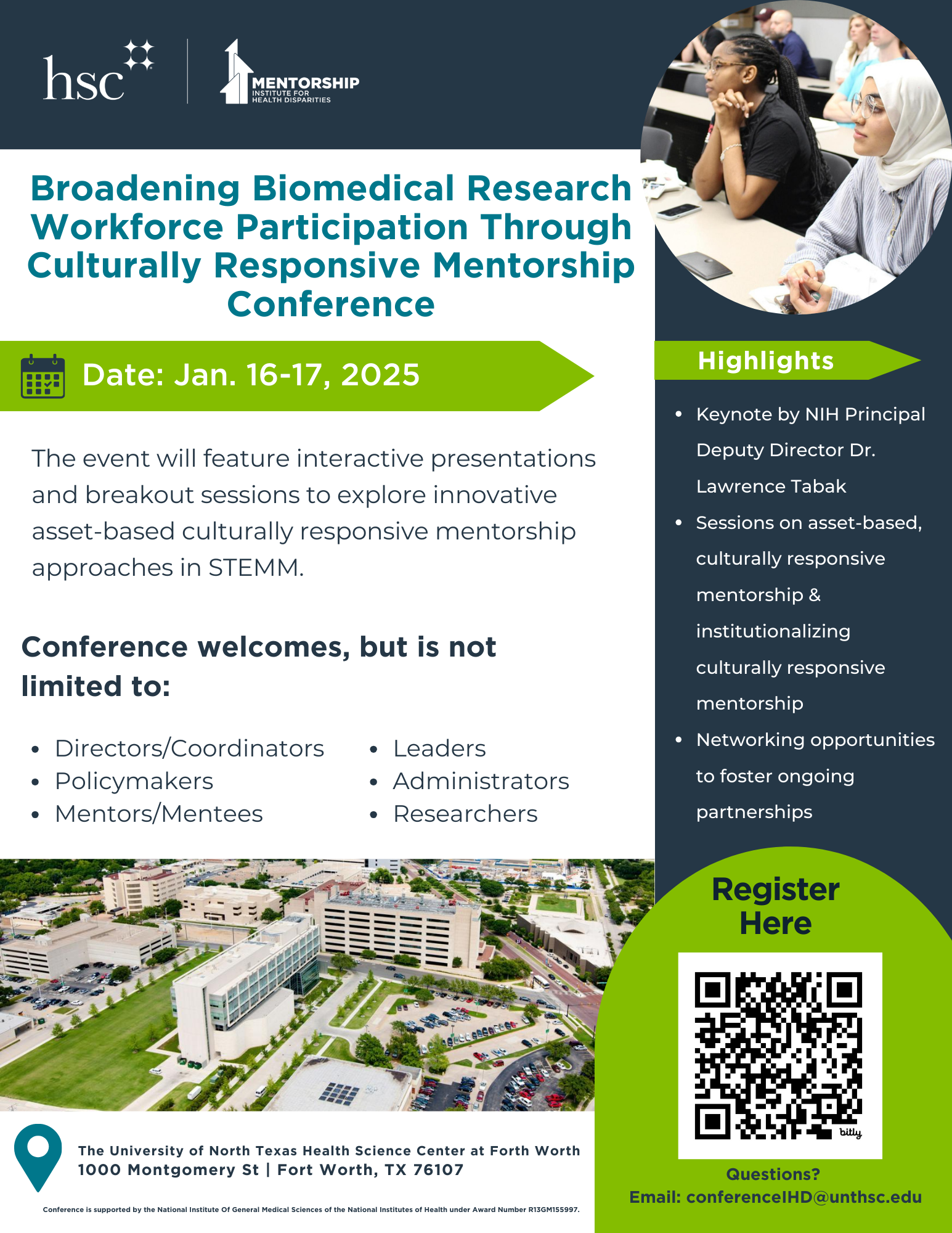
Summary
The demand for skilled professionals in STEMM fields is growing, but individuals, especially from underrepresented groups, often face barriers to mentorship. MyMentor, a virtual mentoring platform by the National Research Mentoring Network (NRMN), addresses this challenge with a culturally responsive and evidence-based approach. It uses surveys, demographic analysis, and feedback for continuous improvement. So far, it has facilitated 863 mentor-mentee connections nationwide, with participants reporting enhanced skills, networking, and goal alignment. By fostering one-on-one mentoring and providing professional development resources. It also helps to advance growth and success in the STEMM community.
Keywords: Culturally Responsive Mentoring, Diversity, Broadening Participation, STEMM, Higher Education
Introduction
The underrepresentation of diverse voices in science, technology, engineering, mathematics, and medicine (STEMM) continues to hinder progress in these critical fields. Many students and professionals from historically underrepresented groups (URGs) face systemic barriers, including limited access to mentorship, cultural misalignment, and the added burden of the “minority tax.”
To address these challenges, the National Research Mentoring Network (NRMN) developed MyMentor, a culturally responsive, virtual mentoring platform designed to support individuals across all stages of STEMM careers.
Challenges in STEMM
Despite the growing demand for STEMM talent, individuals from URGs face significant hurdles that limit their participation and success in these fields.
- Limited Mentorship Access: URGs often lack mentors who share their experiences or understand their unique challenges.
- Retention Issues: Without effective support systems, many URG students leave STEMM fields, leading to a loss of diverse perspectives.
- Cultural Disconnect: Navigating environments that fail to reflect their identities often creates additional stress and isolation.
The Role of Culturally Responsive Mentorship
Culturally responsive mentorship goes beyond traditional approaches by valuing and incorporating the diverse cultural identities of mentees. This approach creates a supportive environment where mentees feel respected, understood, and empowered. Key aspects include:
- Building Belonging: Encouraging mentees to embrace their identities within STEMM spaces.
- Skill Development: Teaching critical skills such as goal-setting, stress management, and professional networking.
- Goal Alignment: Fostering open communication to ensure mentor-mentee relationships are productive and aligned.
Keynote Speaker
Dr. Lawrence A. Tabak is the Principal Deputy Director of the NIH, previously serving as Acting NIH Director (December 2021–November 2023). Before his current role, he directed the National Institute of Dental and Craniofacial Research (2000–2010).
Dr. Tabak maintains an active research lab within NIH, focusing on glycoprotein biosynthesis and function, alongside his leadership responsibilities. Before joining NIH, he was Senior Associate Dean for Research and a Professor at the University of Rochester’s School of Medicine and Dentistry.
An elected member of the National Academy of Medicine, Dr. Tabak holds degrees from City College of New York (B.S.), Columbia University (D.D.S.), and the University of Buffalo (Ph.D.).